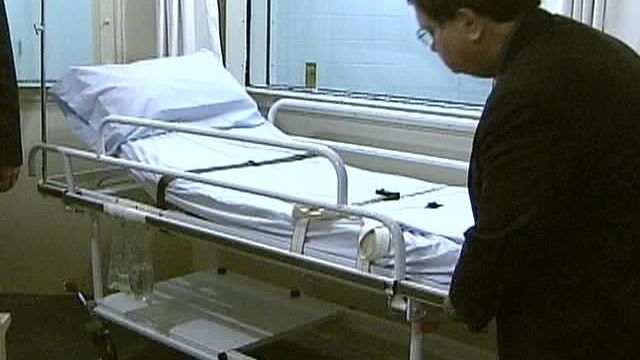Physician: Lethal Injection Not Considered Medical Procedure
A doctor testified before a judge at a hearing Monday that the use of lethal injection in executions is not a medical procedure.
Posted — UpdatedThe hearing concerns whether attorneys for death row inmates were unfairly denied access to state leaders when they approved a lethal injection protocol.
Dr. Philip Boysen, a professor of anesthesiology of the UNC School of Medicine, said lethal injection could lead to paralysis.
"It might end up paralyzing somebody who actually isn't fully anesthetized or unconscious and we are aware," Boysen said. "The awareness would take two forms. One, which would be excruciating, is the inability to breathe, which nobody would know but the person who suffered."
Boysen's testimony would support the state, which is suing the North Carolina medical board. The board adopted a policy that doctors cannot take part in executions because it violates their medical ethics.
Boysen testified before Administrative Law Judge Fred Morrison as defense attorneys for several death row inmates argued against the state's death penalty procedure. The lawyers said the Council of State -- made up of Gov. Mike Easley and nine statewide elected officials -- didn't follow an appropriate process when it approved a new execution protocol in February.
Attempting to find a compromise, correction officials altered the state's so-called execution protocol. But a Wake County judge, citing a law passed in 1919, ruled the Council of State must approve such a change.
The council did so, but that wasn't enough to fully smooth over the legal fallout of the medical board's ruling.
The state Attorney General's Office sued the board in March after trying and failing to reach a compromise that would allow executions to continue. The lawsuit is still pending.
The judge has 45 days from the end of the hearing to make a decision. If the matter is heard before the Council of State, the council may consider the judge's ruling, but they do not have to abide by it.
In the meantime, executions remain on hold in North Carolina until the courts can clear up the conflicts.
• Credits
Copyright 2024 by WRAL.com and the Associated Press. All rights reserved. This material may not be published, broadcast, rewritten or redistributed.






